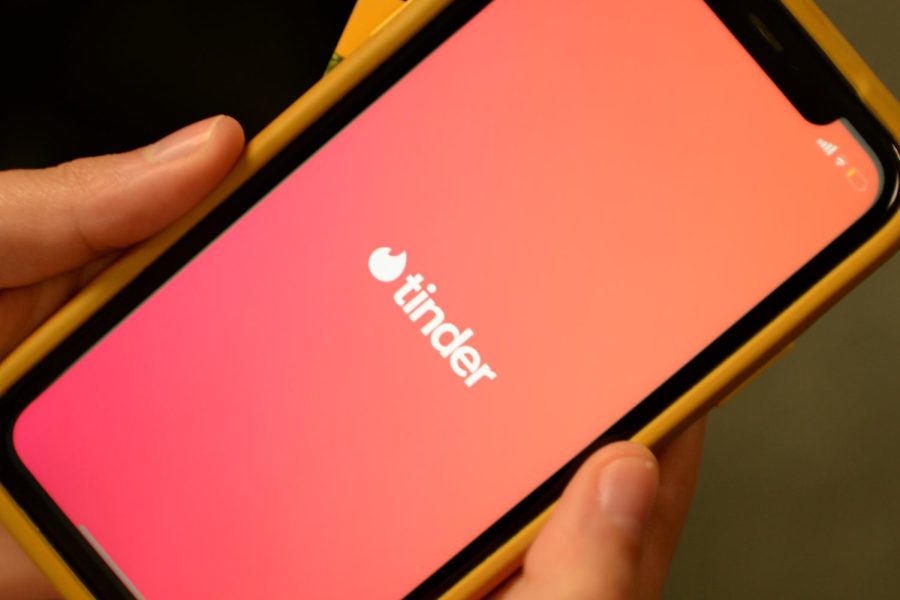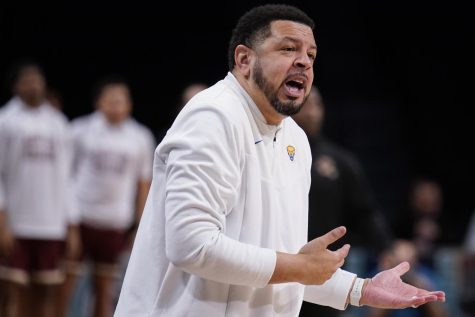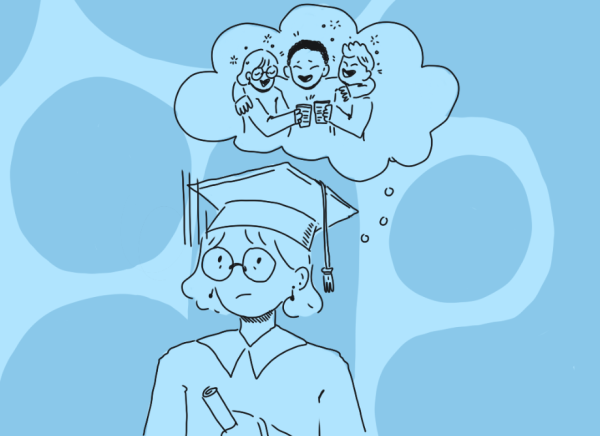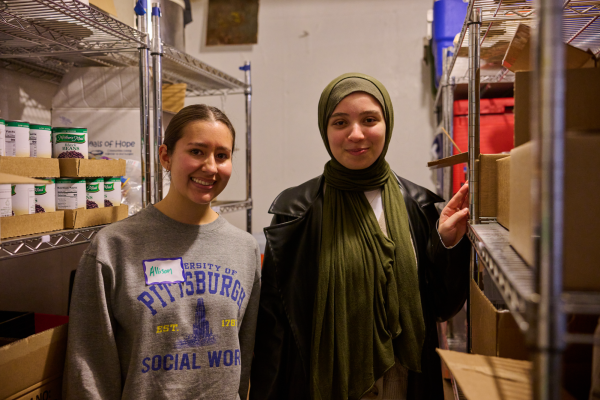Pitt students hesitant to pursue unvaccinated dates
The Tinder app.
February 9, 2022
After two years of lockdowns, quarantine, shelter in places, and everything that comes with pandemic life, college students are ready to get back out on dates — but not with just anyone.
Since the start of the COVID-19 pandemic, students across campus have continued using dating apps to meet casual flings, long-term partners and friends. But what most students will tell you, such as senior applied developmental psychology major Rachael Stowe, is that they are not interested in continuing a conversation after learning that someone is unvaccinated.
“Generally, one of the first questions I ask, when people say, ‘Do you want to go out?’ is ‘Are you vaccinated?’” Stowe said. “And if they say no, I immediately unmatch them. I just don’t have time for that. I don’t have time to get COVID.”
Dating apps such as Tinder, Bumble and Hinge now give users the option to include vaccination status on their profiles. For students who prefer a vaccinated match, it makes the decision an automatic yes or no, and the transition into COVID-19 conversations much smoother.
Kate Roche, a junior media and professional communications major, said the inclusion of vaccination status on profiles makes it easier to know someone’s view on vaccines before even talking with them, which can make or break a potential connection.
“For people who are vaccinated, I assume that most of them would want to be around people who are vaccinated as well,” Roche said. “And let’s say somebody is an anti-vaxxer, that might be a big turn-off for them.”
Roche met her current boyfriend of two years and her best friend through dating apps. She said the pandemic gave her the opportunity to connect with people that she possibly would never have met, had it not been for these apps.
“We started dating in the pandemic from Tinder, and we’ve been dating for two years now, and then I downloaded Bumble BFF to meet friends since when we had online school,” Roche said. “I felt like I had two occasions where I met some of my favorite people through dating apps that I probably wouldn’t have met otherwise.”
For immunocompromised students such as Amanda Carson, it’s important to not only know vaccination status, but also whether someone is being conscious of exposure in their social life.
“I think when it comes to approaching going out on a date, that’s when I’ll have that conversation,” Carson, a junior natural sciences major, said. “Normally, I’ll add people on Snapchat before that and then you can see what they’re doing based on their stories. So that gives me a clue before having that formal conversation.”
On apps that allow you to disclose your vaccination status, you are not required to submit your vaccine card for confirmation. Since there is no proof required, it can cause some students, such as Stowe, to question whether or not their potential date is being truthful or not.
“The main problem with it is people can obviously lie about that, and I guarantee people have,” Stowe said. “I’m more likely to swipe right on people who have the vaccine sticker because then I don’t have to ask them, and I try to think in good faith that they definitely are vaccinated.”
While the lack of proof may leave some students hesitant, others, like Carson, believe that people who are unvaccinated are likely to own up to it and wouldn’t go to the extent of lying on the apps.
“I really don’t think I’ve come across somebody that is anti-COVID vaccine that doesn’t fully show that,” Carson said. “If you know them, and they are unvaccinated, they aren’t afraid to tell you, so I don’t really think people would lie. I would trust it at face value.”
Whether you swipe on Tinder for pure entertainment or search Bumble for your perfect match, students said discussing the pandemic’s impact with other like-minded people can sometimes lead to meaningful conversations, even if you don’t end up going out.
Stowe tends to use dating apps casually, without the intent of starting a relationship, but she said shared experience can be a good conversation starter for people she met through the apps.
“I would say 99.9% of the people who were in college at the time that COVID started had some serious impact on them from the pandemic. So I think it’s a good topic of conversation,” Stowe said. “And not that most Tinder dates go anywhere seriously, but it’s kind of a good starting point to figure out more about other people and what they’ve been up to for the last couple years.”
Lack of interest in serious relationships is also something that Carson has noticed on dating apps since the onset of the pandemic.
“I’ve noticed a lot more people are less inclined for serious things and more inclined for random hookups,” Carson said. “And aren’t being very responsive to people that are a little bit more interested because of COVID.”








